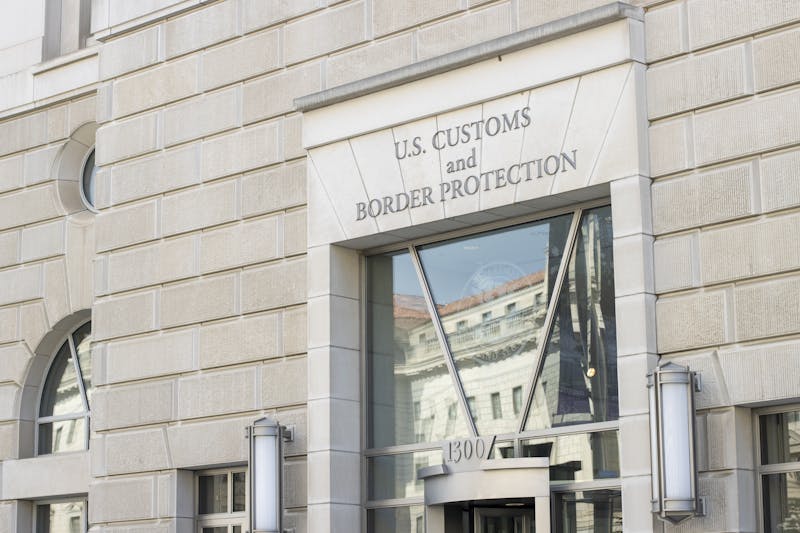
Undocumented workers play a significant role in New York's economy, contributing their labor and skills to various industries, such as construction, agriculture, hospitality, and domestic work. Based on this, their vulnerable position due to their immigration status and a constant fear of deportation can expose them to workplace exploitation, retaliation and abuse.
Undocumented Workers Facing Workplace Retaliation Should Hire an Attorney to Claim Damages
Undocumented workers who have suffered workplace retaliation in New York should strongly consider hiring an attorney to claim damages. Here's how a dedicated New York attorney can help:
- Legal Guidance: An experienced attorney can provide essential legal counsel to help workers understand their rights and the complexities of workplace retaliation cases in New York.
- Claim Assessment: A skilled and resourceful workplace retaliation lawyer can assess the strength of the worker's case and provide guidance on the likelihood of a successful claim.
- Protection against Further Retaliation: A proven and capable workplace retaliation attorney can engage with the employer and seek resolution that protects the rights of workers, shielding them from further retaliation.
- Evidence Gathering: A top-rated New York attorney will aggressively collect evidence, document damages, and build a robust case, enhancing the potential for a successful claim for damages.
- Maximizing Compensation: The attorney will establish actual damages resulting from workplace exploitation and retaliation, and will pursue maximum compensation through negotiations or court trial.
Workplace Rights of Undocumented Workers in New York
Undocumented workers in New York are entitled to certain workplace rights and protections, regardless of their immigration status.
Anti-Retaliation Provisions: New York Labor Law § 215
Undocumented workers are protected from retaliation when they assert their workplace rights, report violations, or participate in investigations. Employers are prohibited from taking adverse actions against workers who exercise their rights.
Whistleblower Protections: New York Labor Law § 740
Undocumented workers in the healthcare industry in New York are protected by this statute if they report improper quality of patient care or other violations of the law. It safeguards their right to speak out without fear of retaliation.
Protection from Discrimination and Harassment: New York State Human Rights Law (NYSHRL) and New York City Human Rights Law (NYCHRL)
Undocumented workers are protected from discrimination and harassment based on characteristics such as race, nationality, or immigration status. These anti-discrimination statutes ensure that workers are treated fairly and equitably in the workplace.
Right to Organize and Collective Bargaining: National Labor Relations Act (NLRA)
While the NLRA is a federal statute, it extends labor rights to most employees, including undocumented workers. This includes the right to engage in protected concerted activity, such as forming or joining labor unions to negotiate for better working conditions.
Family and Medical Leave: Relevant Statute: New York Paid Family Leave (PFL) Act
The New York PFL Act provides eligible workers, including undocumented workers, with job-protected paid leave for certain family and medical reasons. It ensures that workers can address family and health-related matters without the fear of losing their jobs.
Right to File Wage Claims: New York Labor Law § 198
Undocumented workers have the right to file wage claims to recover unpaid wages or address wage theft. This statute empowers workers to seek compensation for their labor.
Types of Evidence a New York Attorney Will Collect to Prove Workplace Retaliation
A New York workplace retaliation attorney representing an undocumented worker will gather various types of evidence to build a strong case proving workplace retaliation and the resulting damages suffered. These types of evidence can include:
- Documentation of Retaliatory Actions: Records of adverse actions taken by the employer against the undocumented worker, such as termination, demotion, suspension, or reduction in work hours. These records should include dates and descriptions of the retaliatory acts.
- Employment History and Performance Records: Employment records, including performance evaluations, attendance records, and any changes in job responsibilities, to establish the worker's positive work history and performance prior to the alleged retaliation.
- Comparative Evidence: Comparing the treatment of the undocumented worker before and after reporting workplace violations or asserting their rights. Discrepancies in treatment can help demonstrate a causal link between the protected activity and retaliation.
- Witness Statements: Statements from coworkers, supervisors, or other individuals who can corroborate the worker's claims of retaliation. Witness testimonies can provide additional perspectives on the retaliatory actions.
- Emails and Correspondence: Copies of emails, letters, or other written correspondence that may contain evidence of retaliation or discussions related to the worker's protected activities.
- Performance Reviews and Evaluations: Performance reviews, evaluations, or comments from supervisors that may show a shift in treatment following the worker's protected activity. Positive evaluations prior to the protected activity can be compared with negative evaluations afterward.
- Company Policies and Procedures: Company policies and procedures related to discipline, termination, or adverse employment actions. An attorney can assess whether the employer followed their own policies or deviated from established procedures.
- Employee Handbook: The employee handbook, which may outline the process for addressing workplace concerns, including reporting violations and the prevention of retaliation.
- Documentation of Protected Activities: Evidence demonstrating that the worker engaged in protected activities, such as filing complaints with management, human resources, or relevant government agencies, or participating in legal proceedings.
- Medical Records and Psychological Assessments: Medical records or psychological assessments showing the physical or emotional impact of the retaliation on the worker's health and well-being. This can support claims for emotional distress damages.
- Financial Records: Financial records and pay stubs to document the economic damages suffered as a result of retaliation, such as lost wages, reduced benefits, or additional expenses incurred.
- Expert Witness Testimony: Expert witnesses, such as psychologists or employment experts, may provide testimony regarding the psychological impact of retaliation and the resulting damages.
- Social Media and Electronic Evidence: Information from the worker's social media accounts or electronic communications that may shed light on their emotional state, activities, or experiences during and after the retaliation.
Fighting for the Rights of Undocumented Workers in New York
If you are an undocumented worker facing workplace retaliation in New York, The Law Offices of Michael S. Lamonsoff, led by the formidable attorney Michael Lamonsoff, known as "The Bull," is your trusted ally in safeguarding your rights. We have represented several undocumented workers in complex workplace retaliation cases, and helped them achieve justice and maximum compensation. Don't let fear or unfair treatment hold you back – reach out to us today and let "The Bull" get you the compensation you deserve. To schedule your free consultation, call us today at 212-962-1020 or contact us online.


